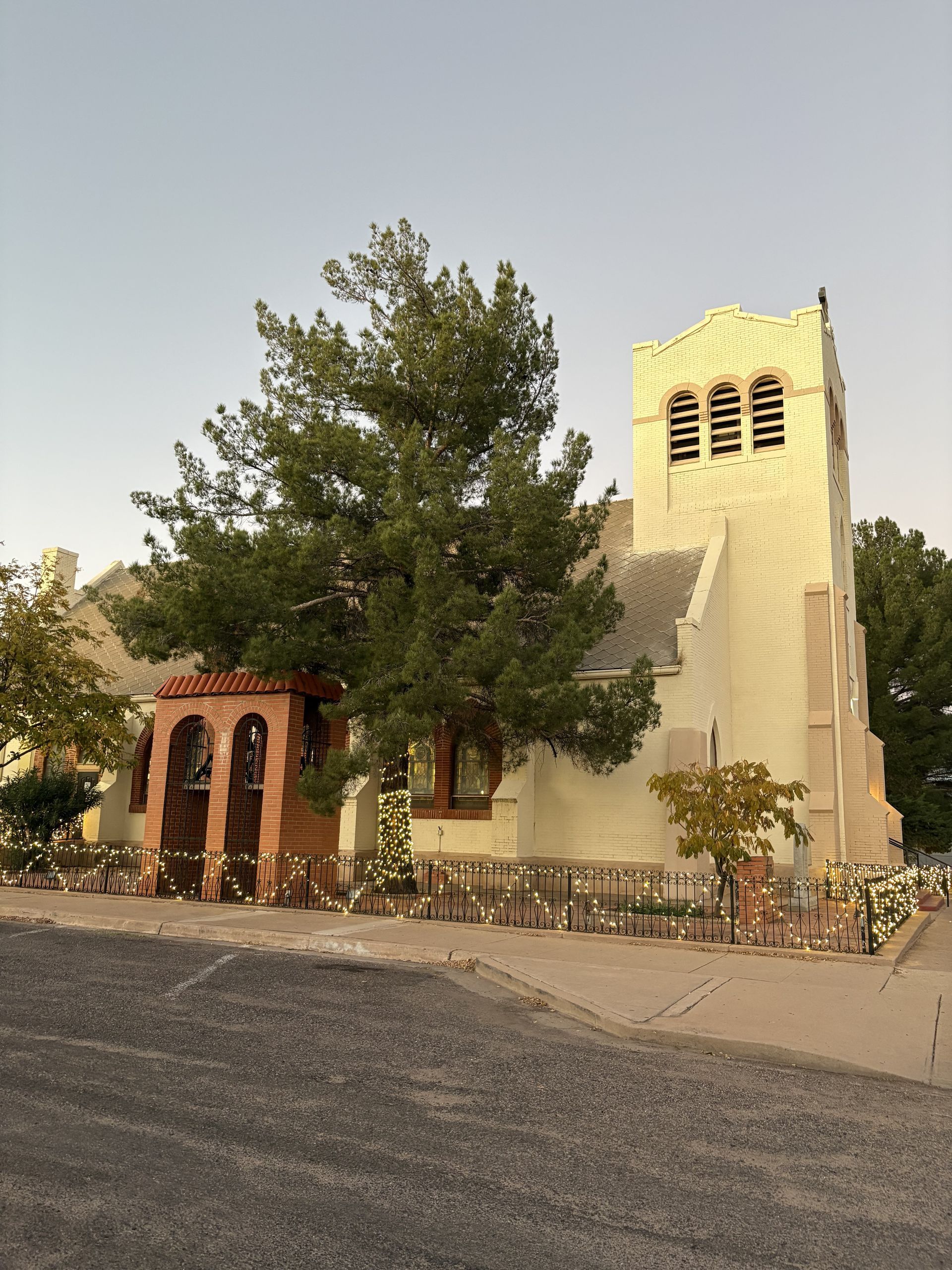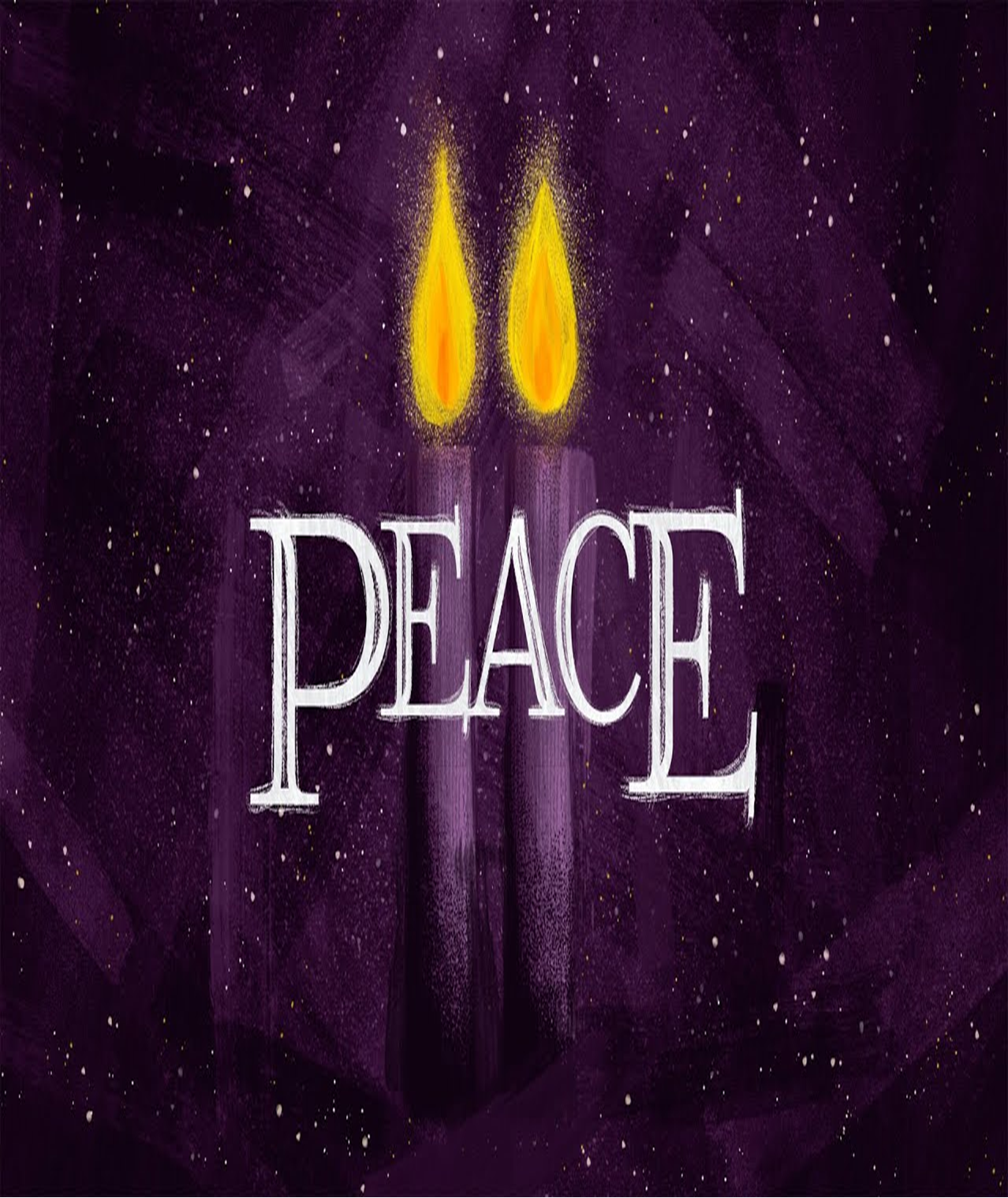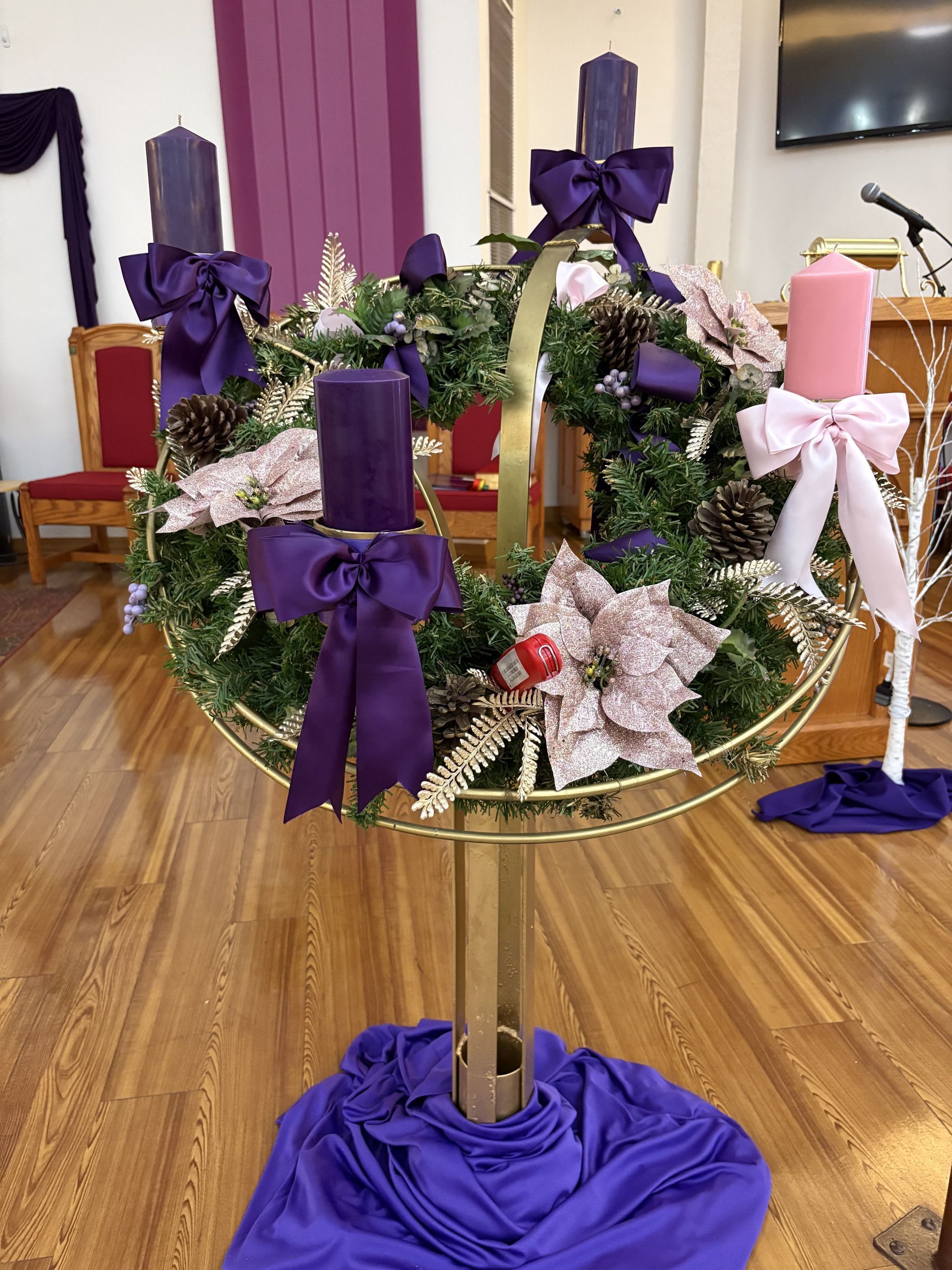Back in my college days, I, along with two of my classmates in the seminary, took a low boat back home. The ferryboat was cancelled due to an inclement weather which was normal at that time of the year. I don't remember the exact date, but it was few days before Christmas and so, we were dying to come home. We took the risk and boarded a 10- passenger low boat made of plywood and bamboo with no lifeguard, no permission from the coastguard, no rescue team available within a 10- mile radius, lifejacket, seatbelt, nor any modern means of communication, just us. At first, a steady drizzle was manageable, but when the unforgiving winds hit us, choppy waters started filling the boat, got everybody wet, dizzy and throwing up, the torrential waves beating both sides which nearly broke the rafters, we had little chance of survival. I thought it was my moment. It was a stupid decision and swore never to brave a stormy sea again. I prayed like it was my last, pronounced every word with clarity and respect and stormed the heavens just to get us out of that mess.
The experience of so many losses especially though death was a perfect storm. There are powers in the world that threaten our very existence. Many of them are beyond our control.
This near-death experience reminds me of the miraculous story of Jesus calming of the violent squall in the sea of Galilee. Since in biblical times, sea signals chaos and therefore terrifying, even deadly, this tragedy presents humanity’s helplessness in the face of the powerful and adverse forces of nature. And when your tiny little boat is in jeopardy tossed hard by the surging waves and blowing winds, you don’t fight against it. You look for the master navigator. At that moment, nothing could be more fearful, even despairing than seeing your master in the stern, lying comfortably asleep on a cushion. The disciples said, What! Taking a nap! With a strong feeling of trepidation, they immediately turned to Jesus and tried to wake him up saying, “Teacher, do you not care that we are perishing?" Seemingly unaware and unsympathetic, he got up and rebuked the raging elements with a commanding authority, Quiet, be still! and winds subside and waters calm down.
Mark shares this miraculous story to describe and emphasize the precarious situation of the early church amidst the storms of persecution, natural disasters and the unimaginable troubles faced. It was a tumultuous time. The boat that is, the church was about to sink and drown, and God seemed absent, unaware, silent, unconcerned and unsympathetic to the mortal perils that threaten it.
I bet many times we find ourselves in this situation as well. We get frustrated when we don’t feel the divine presence after hours of prayer. We give up when our prayers remain unanswered. We voice out our concerns when the church doesn’t stand up for truth and speak on behalf of the poor, the voiceless and the powerless. We rant and rave when God allows evil to rule. We get furious when all evidence seems to suggest that God is asleep and has no concern for humanity. The urgent existential questions on the meaning and purpose of life humble us. At the onset of the pandemic, questions mounted as whether God was involved or not. Did God cause the pandemic? Does lockdown including all restrictions mean undermining the sovereign power of God over all creation? If you believe in science, you don’t have faith or your faith is weak. If you have faith, why worry about the protocols? Is God taking a break? Is God on recess? Even with the help of modern technology at our fingertips, the devastation of hurricanes, super typhoon, tornadoes in the Midwest, terrorist attacks and violence of all kinds, still confounds us, defies our human understanding, and leaves us with the question, WHY? Why are dishonest people rich and good people impoverished? These are few of the angry questions we hear, even among Christians, God is sleeping! He doesn’t do anything to eradicate the abominations of the past and the present. And so, we join in unison, “Teacher, do you not care that we are perishing?"...A perfect question during the pandemic...
Job, in his life, suffered a lot from numerous criticisms and insults not just from critics as expected but even from those he loved: families, neighbors and friends. The Lord then appears to him amid the storm and reminds him that the Lord created the very oceans. “Thus far shall you come but no farther, and here shall your proud waves be stilled.”
We all know Jesus never sleeps. He never stops. He’s always alive, always awake in us. He was not worried. Our worry about perishing may be a direct result of our forgetfulness. We may have forgotten him and momentarily something more attractive get the upper hand but once we knew he’s there, we’re at peace even in the most ravaging/destructive storms of life, in moments of sorrow, in life’s problems: bitter tension and uncertainty. There are times when we are at a loss, when we stand at the crossroads in life and not knowing which direction to take. The real tragedy is not that we don’t know what to do but that often we don’t humbly submit to Jesus’ guidance. Everything that happens to us is controlled by his providence. Who then is this that even the sea and win obey him? Amen.



